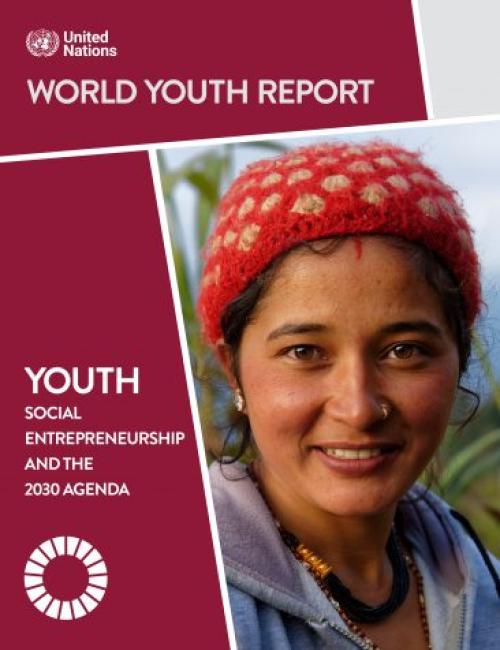
Tearing down barriers that prevent more young people from becoming successful social entrepreneurs will contribute to advancing the Sustainable Development Goals and tackling the socio-economic impacts of COVID-19, according to a new report released today by the UN Department of Economic and Social Affairs.
The report calls on governments and other decision-makers to remove obstacles to youth social entrepreneurship, such as access to start-up funds that are presently limiting the ability of young people to engage in profitable activities. Many regulatory systems often prevent — sometimes involuntarily — young people from accessing financial products and services needed…
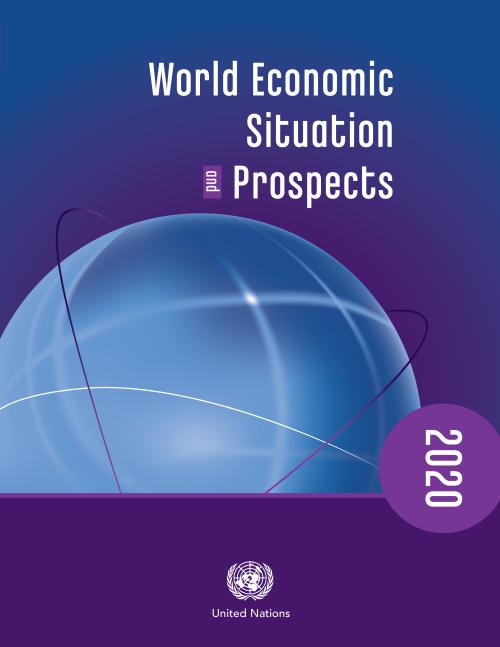
Against the backdrop of a devastating pandemic, the global economy is projected to contract sharply by 3.2 per cent this year, according to the United Nations World Economic Situation and Prospects (WESP) mid-2020 report.
The global economy is expected to lose nearly $8.5 trillion in output over the next two years due to the COVID-19 pandemic, wiping out nearly all gains of the previous four years. The sharp economic contraction, which marks the sharpest contraction since the Great Depression in the 1930s, comes on top of anaemic economic forecasts of only 2.1 percent at the start of the year.
The report estimates that GDP growth in developed economies is expected to…
Growing inequality in both developing and developed countries could exacerbate divisions and slow economic and social development according to a new UN report, the World Social Report 2020, that was launched today. More than two thirds of the world’s population today live in countries where inequality has grown, and inequality is rising again even in some of the countries that have seen inequality decline in recent decades, such as Brazil, Argentina and Mexico.
The impacts of inequality are being felt at the personal and national levels. According to the report, which is produced by the UN Department of Economic and Social Affairs, highly unequal societies are less effective at…
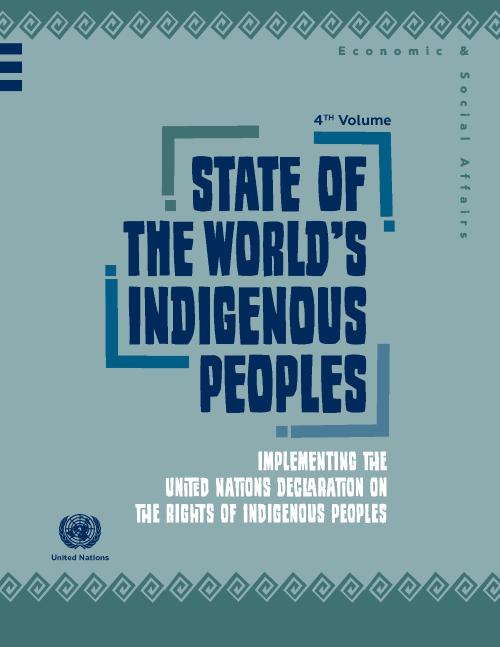
The United Nations Declaration on the Rights of Indigenous Peoples (UNDRIP) has been in place for more than a decade. Has it made a difference? What kind of impact has it had on the survival, dignity and well-being of indigenous peoples. How has it been used? What can be learned from the many ways in which it has been applied and from the obstacles encountered? What gaps and challenges still exist that may be preventing the full implementation of the Declaration? What is the way forward to realize the full potential and promise of the Declaration? These are the questions this publication seeks to explore. This edition of the State of the World’s Indigenous Peoples (SOWIP)…
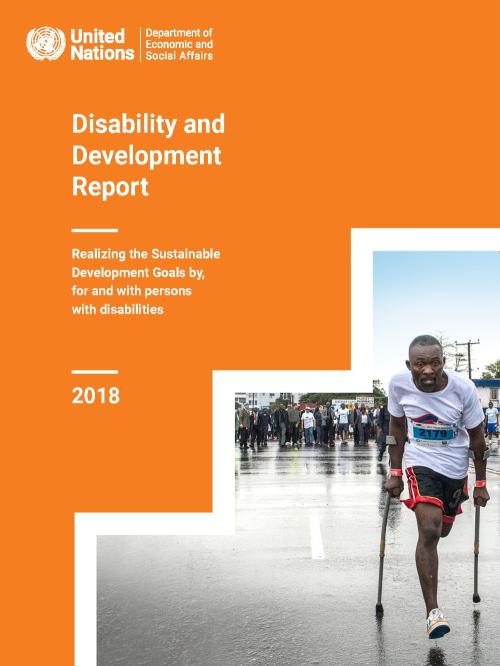
UN Disability and Development Report – Realizing the SDGs by, for and with persons with disabilities
The 2030 Agenda, pledging to “leave no one behind,” is an ambitious plan of action of the international community towards a peaceful and prosperous world, where dignity of an individual person and equality among all is applied as the fundamental principle, cutting across the three pillars of the work of the United Nations: Development, Human Rights and Peace and Security. It is critical to ensure, in this regard, the full and equal participation of persons with disabilities in all spheres of society and create enabling environments by, for and with persons with disabilities.
The UN Disability and Development Report – Realizing the SDGs by, for and with persons with…
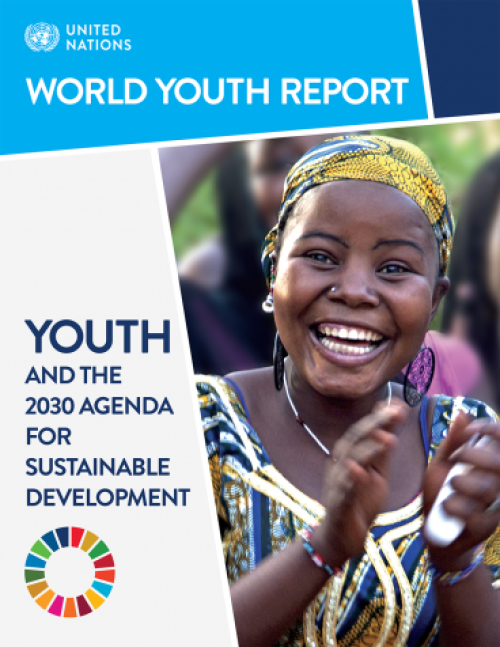
The World Youth Report on “Youth and the 2030 Agenda for Sustainable Development”, prepared by the United Nations Department of Economic and Social Affairs (UN DESA), examines the mutually supportive roles of the new agenda and current youth development efforts. The report provides insight into the role of young people in sustainable development in the context of the implementation of the 2030 Agenda for Sustainable Development and related frameworks, in particular, the Addis Ababa Action Agenda of the Third International Conference on Financing for Development and the World Programme of Action for Youth.
The Report considers the role the 2030 Agenda can play in enhancing youth…
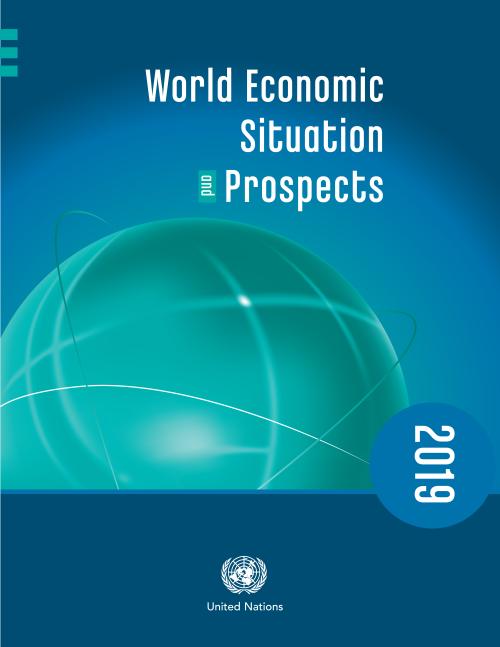
The global economy will continue to grow at a steady pace of around 3 per cent in 2019 and 2020 amid signs that global growth has peaked. However, a worrisome combination of development challenges could further undermine growth, according to the United Nations World Economic Situation and Prospects (WESP) 2019.
UN Secretary-General António Guterres cautioned “While global economic indicators remain largely favourable, they do not tell the whole story.” He said the World Economic Situation and Prospects 2019 “raises concerns over the sustainability of global economic growth in the face of rising financial, social and environmental challenges.”
Global growth is expected to…
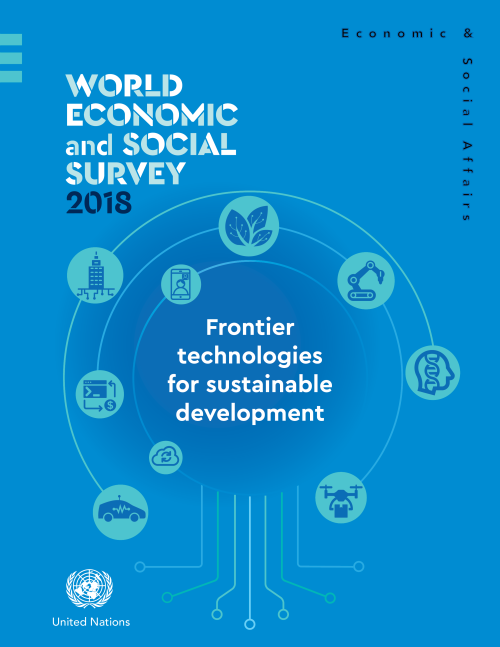
New frontier technologies — everything from renewable energy technologies to biodegradable plastics, artificial intelligence and electric vehicles — hold immense potential to improve people’s lives and significantly accelerate efforts to achieve the Sustainable Development Goals and address climate change. But without appropriate policies, they can also drive greater inequality and increase social dislocations.
The World Economic and Social Survey 2018 produced by UN DESA found that renewable energy technologies and efficient energy storage systems are already enhancing environmental sustainability, allowing countries to “leapfrog” over existing technological solutions. New…
Universal social protection is a potent development policy tool that can alleviate poverty, inequality and social exclusion. Few countries have been able to reduce poverty and improve living conditions on a broad scale without comprehensive social protection systems in place.
The international community’s consensus on the importance of social protection has been reinforced with the adoption of the 2030 Agenda for Sustainable Development. Target 1.3 of the Sustainable Development Goals stresses the role of social protection in ending poverty in all its forms, as it seeks the implementation of “nationally appropriate social protection measures and systems for all, including floors…
There are now an estimated 258 million people living in a country other than their country of birth — an increase of 49% since 2000 — according to new figures released by UN DESA today, on International Migrants Day. The International Migration Report 2017 (Highlights), a biennial publication of the department, states that 3.4% of the world’s inhabitants today are international migrants. This reflects a modest increase from a value of 2.8% in 2000. By contrast, the number of migrants as a fraction of the population residing in high-income countries rose from 9.6% in 2000 to 14% in 2017.
The report reviews the latest migration trends, assesses the demographic contribution of…
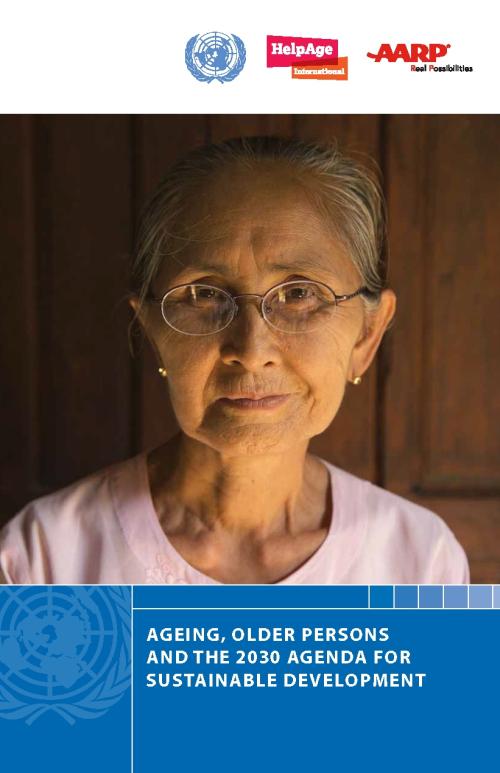
The 2030 Agenda for Sustainable Development sets out a universal plan of action to achieve sustainable development in a balanced manner and seeks to realize the human rights of all people. It calls for leaving no one behind and for ensuring that the Sustainable Development Goals (SDGs) are met for all segments of society, at all ages, with a particular focus on the most vulnerable—including older persons.
Preparing for an ageing population is vital to the achievement of the integrated 2030 Agenda, with ageing cutting across the goals on poverty eradication, good health, gender equality, economic growth and decent work, reduced inequalities and sustainable cities. Therefore, while…
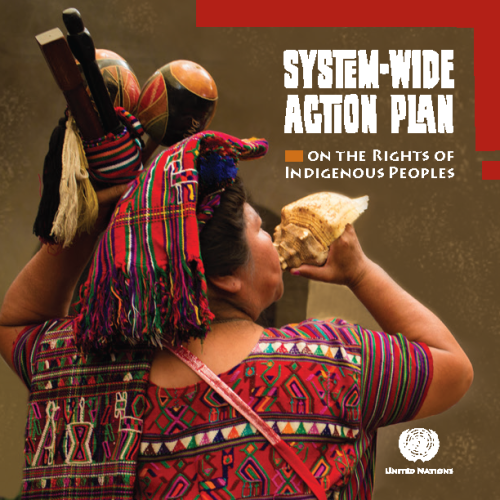
This action plan builds on the momentum and spirit of the 2014 World Conference on Indigenous Peoples and to this end will promote partnership and collaboration between the UN system, civil society organizations, and multilateral bodies such as regional development banks and human rights special procedures and commissions.
This system wide action plan will contribute to the fit for purpose agenda by ensuring stronger linkages between the normative and operational work of the United Nations, increasing coordination and coherence in addressing the rights of indigenous peoples. It calls for strengthened United Nations senior level engagement, encouraging work with Member…
 Welcome to the United Nations
Welcome to the United Nations